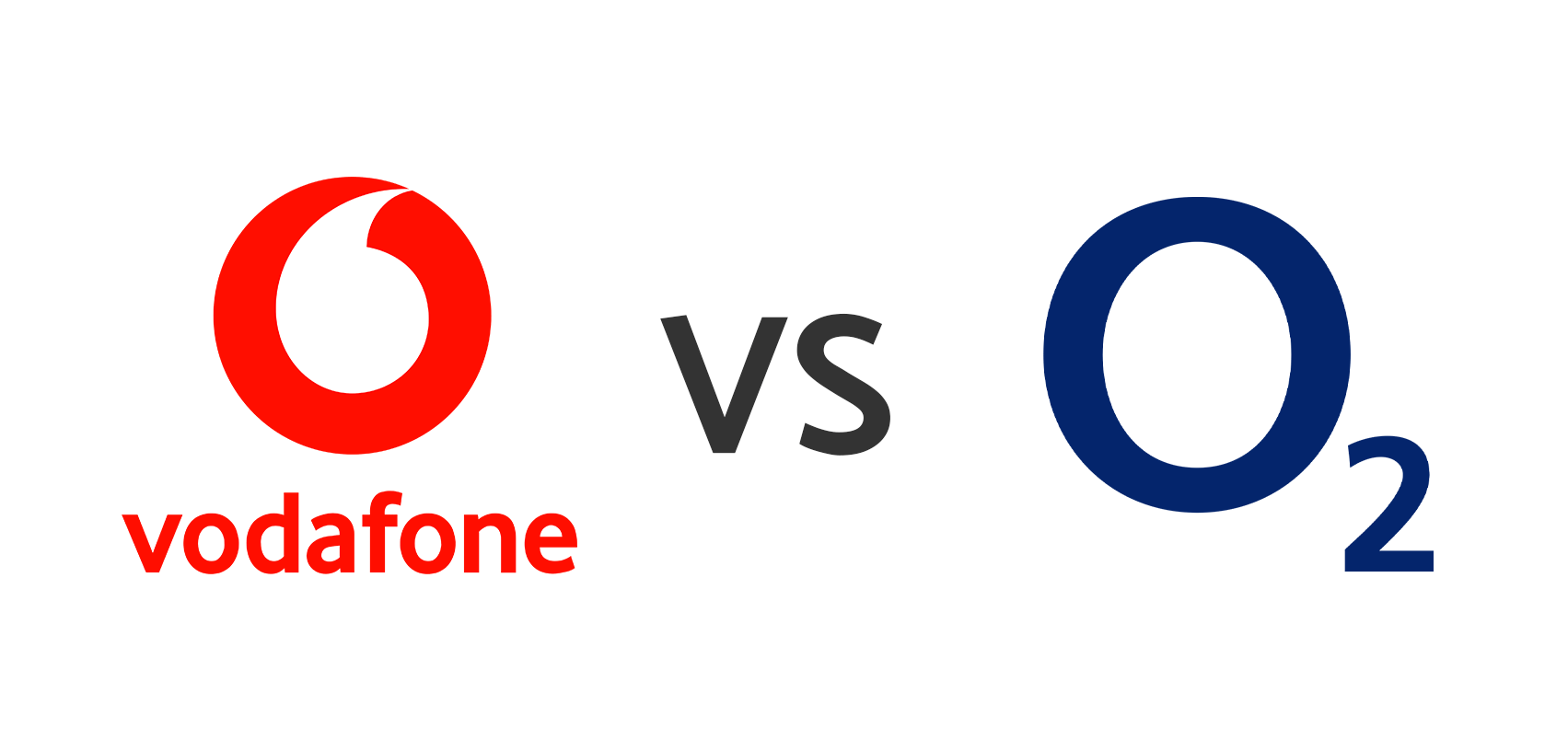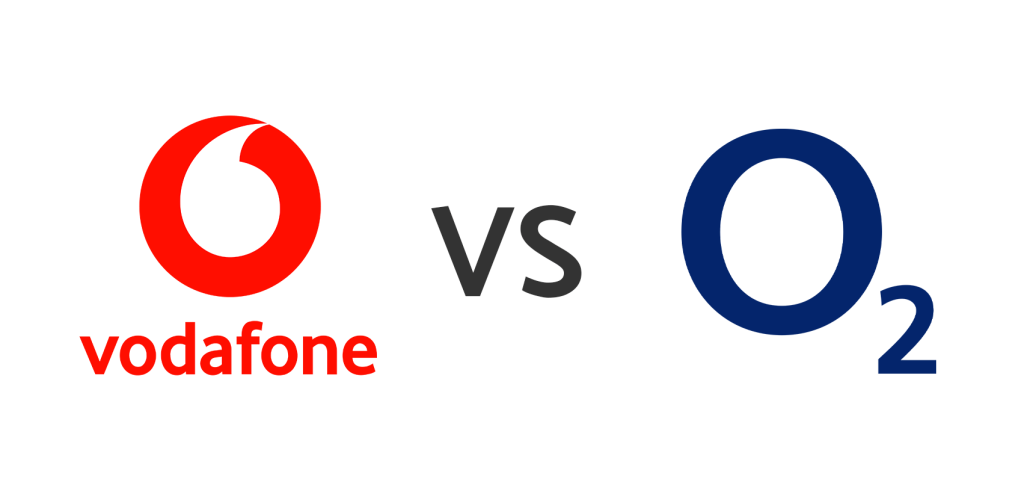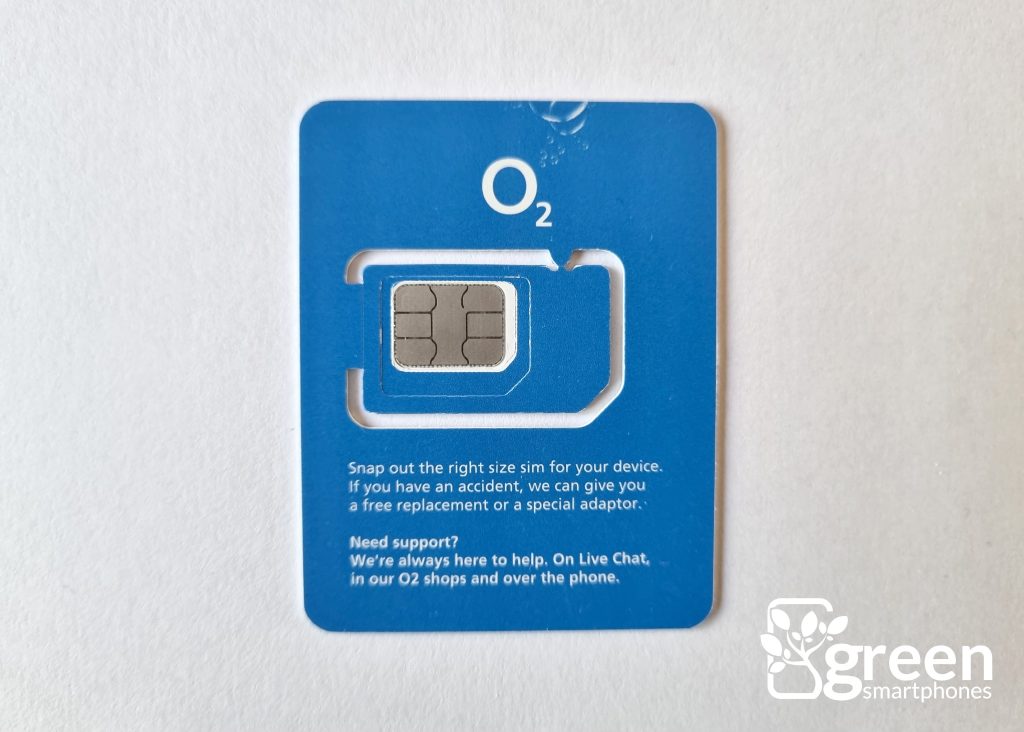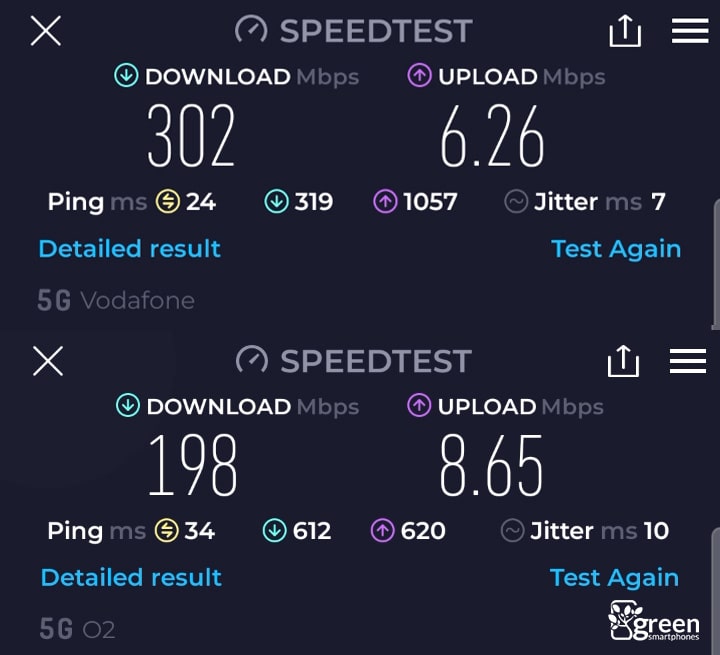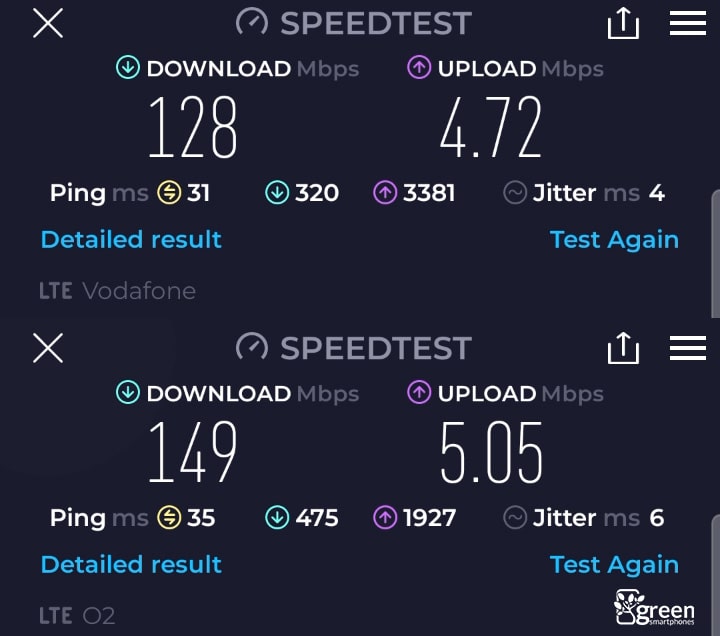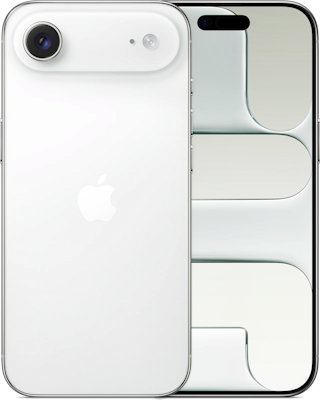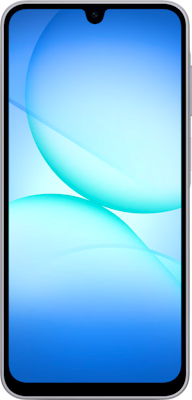Considering switching to either O2 or Vodafone?
Today, we’ve compared these two mobile networks, based on our experience using O2 and Vodafone pay monthly SIMs.
We’ve assessed Vodafone and O2’s speeds and coverage, value for money, customer service, and more, to help you decide which is best for you.
Before we begin, if you’re searching for a new mobile plan, on any network, use our comparison site to find the cheapest pay monthly phone plans or SIM-only deals on the market right now.
Contents
- Overview
- Coverage and speeds
- Roaming allowances
- Value for money
- Customer service
- Verdict: should you join O2 or Vodafone?
Overview
Vodafone and O2 are two mobile networks that own and operate their own network infrastructure in the UK.
They both have their own 4G and 5G masts, rather than reselling service through another network, like mobile virtual network operators (MVNOs) do.
Vodafone and O2 each offer a range of pay monthly phone and SIM plans, as well as pay as you go SIM deals.
Both of these networks can actually be quite a good choice if you want a rolling monthly SIM. They have a good range of data limits available, and include unlimited calls and texts on all their plans.
Their pay monthly contracts are also quite similar. Both providers have a really good range of plans to choose from, but O2’s contracts tend to be more flexible.
With O2, you can normally customise the tariff, exchanging a higher upfront fee for a lower monthly cost for example, or changing the contract length from 24 to 25 months.
Vodafone now has something similar, which is good to see, but they’re not quite as flexible, and unlike O2, they have speed caps on some of their cheaper tariffs.
O2 and Vodafone both make it easy to get set up with an eSIM (except it’s not supported on O2 pay as you go), and include WiFi calling as standard.
Both networks also offer benefits if you bundle broadband with them.
With O2, you can get a free speed boost on your Virgin Media Broadband plan when you sign up for a pay monthly mobile contract. And if you have a Vodafone Mobile tariff, and sign up for Vodafone Broadband, you can normally get a few pounds off the monthly cost.
There are other rewards on offer when you buy a pay monthly contract with both providers, such as free access to entertainment subscriptions like Apple Music. But O2 is a bit more generous in this area at the moment.
Coverage and speeds
In short, Vodafone beats O2 on 5G, but has worse 4G speeds and signal.
However, this isn’t the whole story, because of Vodafone’s speed limits on some of their plans, which we mentioned above.
Vodafone has the second-fastest median 5G speeds in the UK, second only to EE, and their coverage is very good as well.
But if you’re on one of their plans that has a 100 Mbps download speed limit, which is fairly common, you’ll probably end up getting slower 5G speeds with Vodafone.
Using unrestricted SIMs on both networks, we see the following performance on 5G:
So, O2 does perform quite well in certain areas, such as near us. But on average, their speeds are slower than what Vodafone offers.
On 4G though, O2 has really good coverage. They’re a bit better than Vodafone in rural areas, and they offer fast 4G speeds as well.
If you’re on a budget, we’d actually lean towards O2 if you want the best speeds and signal.
However, if you don’t mind paying more for faster 5G, Vodafone offers better speeds on their unrestricted tariffs.
If you don’t want a speed limit with Vodafone, look for one of their “Unlimited Max” plans, or choose a SIM tariff that comes with roaming included.
Roaming allowances
O2 is generally a better option than Vodafone when it comes to roaming.
As an O2 pay monthly or pay as you go customer, you can roam free of charge in the EU, using up to 25GB of data per month.
This might seem a bit restrictive, especially if your normal data limit is 100GB or more. However, most other networks don’t have fair usage limits this high – Three’s is just 12GB for example, and they normally charge you an extra fee to roam.
There are also Travel Bolt-Ons you can buy to roam further afield, which are normally quite cheap compared to what most other providers offer.
With Vodafone, they have the same 25GB roaming fair usage limit, and when roaming, you can use your calls and texts overseas as well.
But unlike O2, roaming isn’t included as standard on most of their plans – you’ll need to ensure you buy one of their more expensive pay monthly options, or you’ll face a daily roaming charge.
On Vodafone pay as you go plans, EU roaming also costs money, unlike with O2, though the roaming passes are fairly reasonably priced.
Of course, if you buy one of Vodafone’s most expensive 24-36 month contracts, roaming is normally included free of charge.
But if you’re on a budget, O2 is generally a lot more generous with their free roaming allowances.
Value for money
Vodafone and O2’s monthly costs are generally very similar.
To work out which is the best value for money, it’s best to directly compare their tariffs on a given phone or SIM-only data limit you’re looking for.
You can do this on our smartphone or SIM-only deals comparison pages.
In terms of overall value, it’s also a close call between Vodafone and O2.
We like that O2 doesn’t have speed limits on their plans, and you can also customise your tariff quite extensively, in case you want to change the exact contract length or something like that.
However, Vodafone offers faster 5G speeds, as well as better coverage, on their unrestricted SIM-only deals.
It is worth mentioning though, if you just want a cheap SIM-only deal, you might save a lot of money using an MVNO that piggybacks off one of these networks, rather than buying from O2 or Vodafone directly.
giffgaff and VOXI are owned by O2 and Vodafone respectively, but these sub-networks focus on offering cheap SIM-only plans, with the same speeds and performance as their parent providers from our testing (and no speed limits on VOXI, which is surprising).
Customer service
According to Ofcom data, the big four mobile networks receive the following complaint volumes, on average:
- EE: 2 complaints per 100k customers
- Vodafone: 2 complaints per 100k customers
- Three: 3 complaints per 100k customers
- O2: 4 complaints per 100k customers
So, O2 receives the most complaints of any of the major mobile networks at the moment.
Their complaints volume is double the number of Vodafone, although the overall number is still not that high.
These figures mostly match our experiences with these two mobile networks.
The Vodafone customer support team is UK-based, and we’ve found they’re quite helpful.
They try to push you towards live chat as much as possible, and it tends to be quicker to get connected that way, though there is a phone number you can call as well.
But once you’re speaking with someone, their support agents are generally quite knowledgeable and helpful.
O2 customer support is not bad, but it can be more difficult to reach someone – their hold times seem a bit longer – and we haven’t had as good experiences when using their live chat.
Most of their support team is UK-based, but not all of it, from what we’ve seen.
Verdict: should you join O2 or Vodafone?
It can be a bit hard to decide between O2 and Vodafone, which is probably why you’re reading this.
Money no object, Vodafone is better – they have better customer support, faster 5G speeds, and a good range of perks.
However, O2 offers better 4G coverage, making them a better choice in remote areas, as well as better roaming allowances, and they have no speed caps on any of their plans.
If you want fast 5G for a reasonable cost, we’d recommend Three over either of these networks, or you could use an MVNO like giffgaff or VOXI.
And if you’re not sure which network to choose, leave us a comment below, and we’ll get back to you as soon as we can.
About the author

Tom is the founder of Green Smartphones. You’ll find him writing about phones on the Green Smartphones blog, or talking about SIM deals and mobile networks on our YouTube channel. He’s the Android expert on the team – currently using a Google Pixel 9, recently upgrading from a very long-suffering Note 20 Ultra. When he’s not working on Green Smartphones, you’ll find him playing football or hiking.


